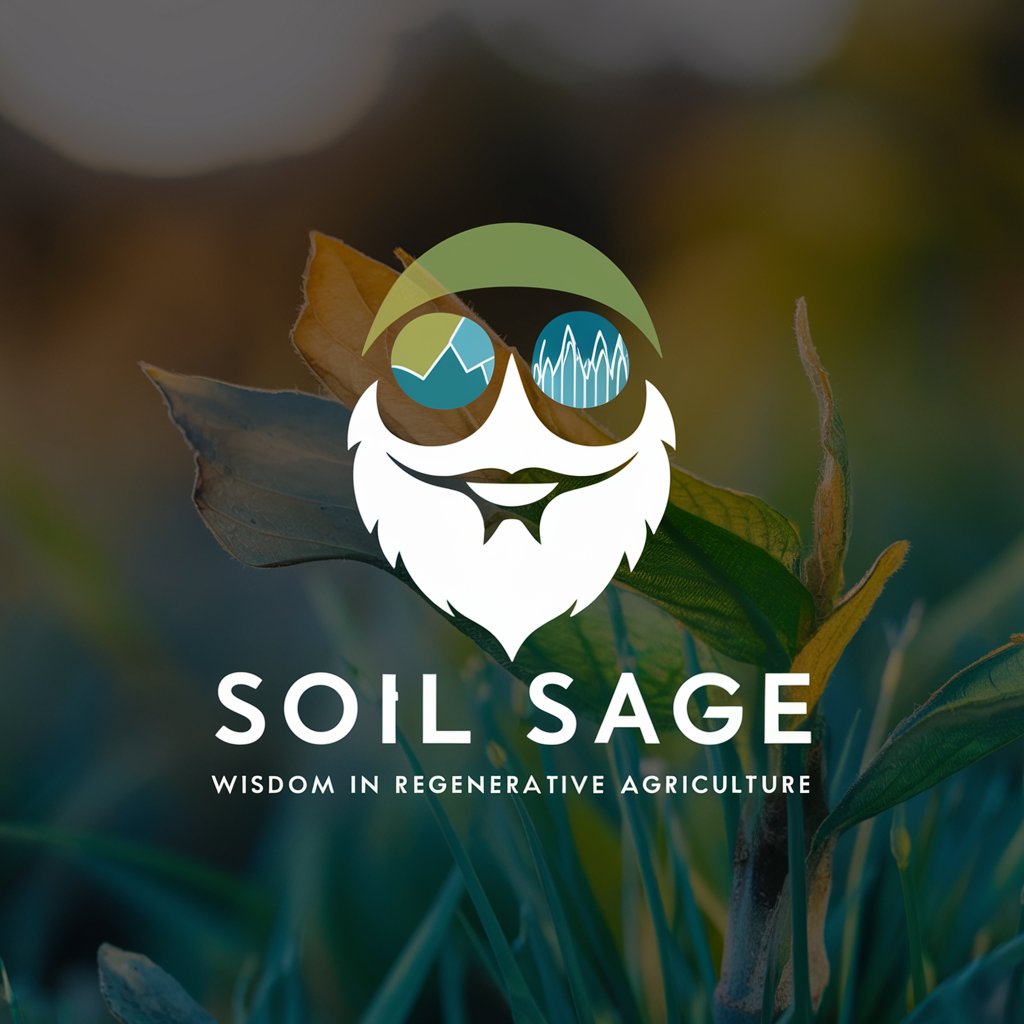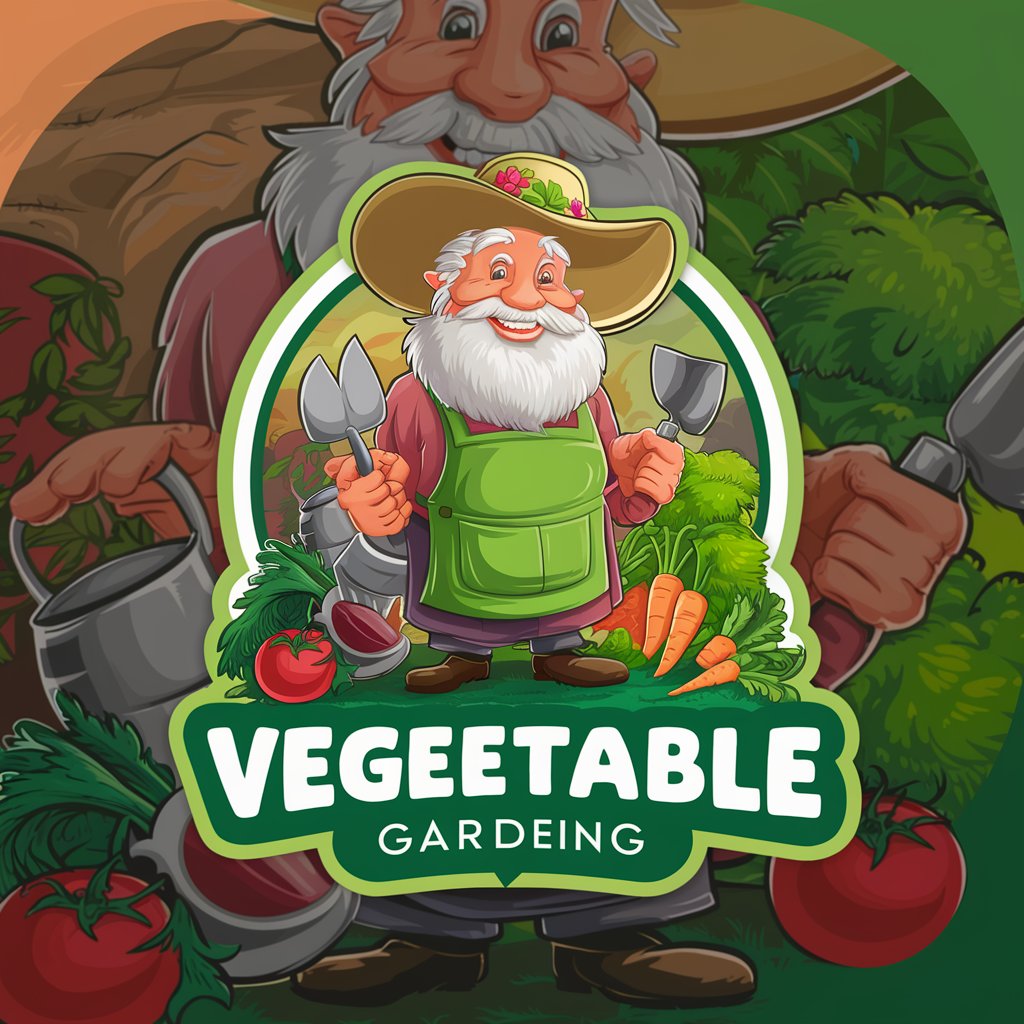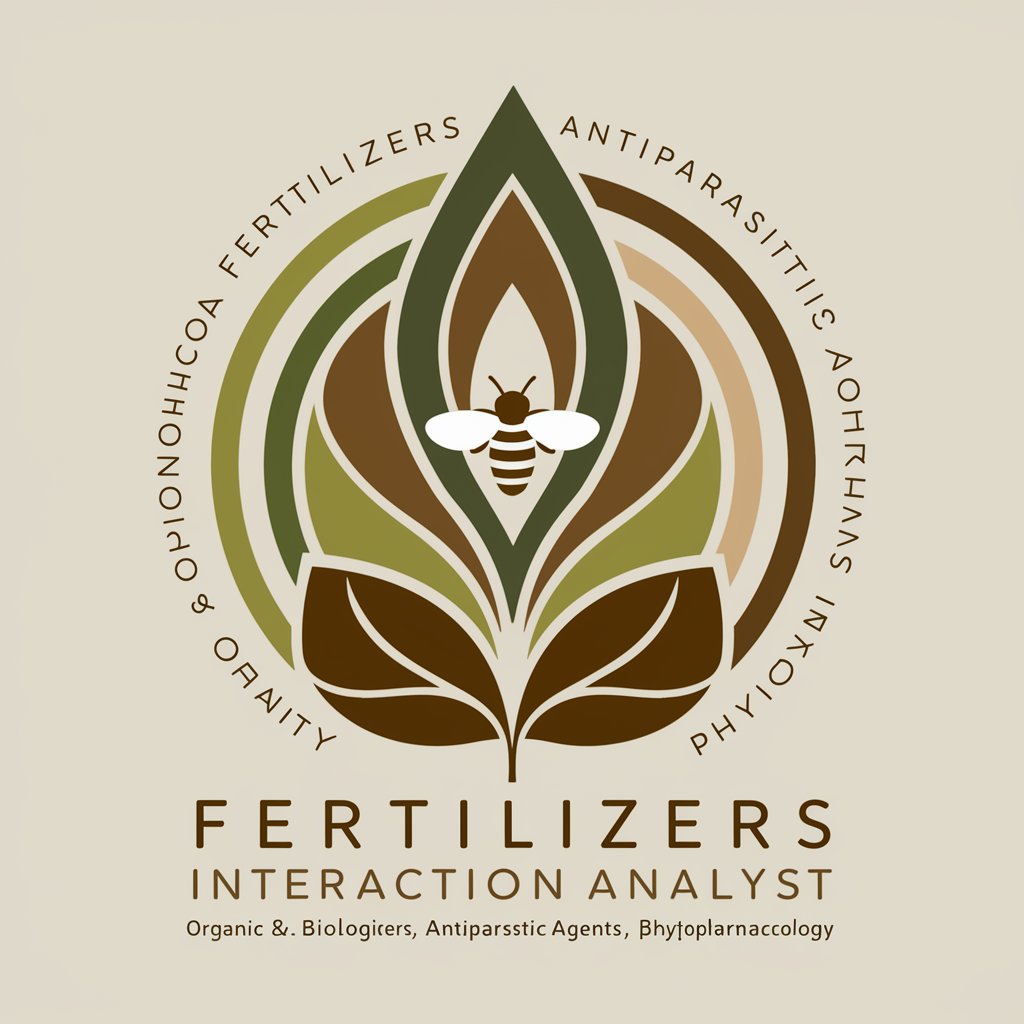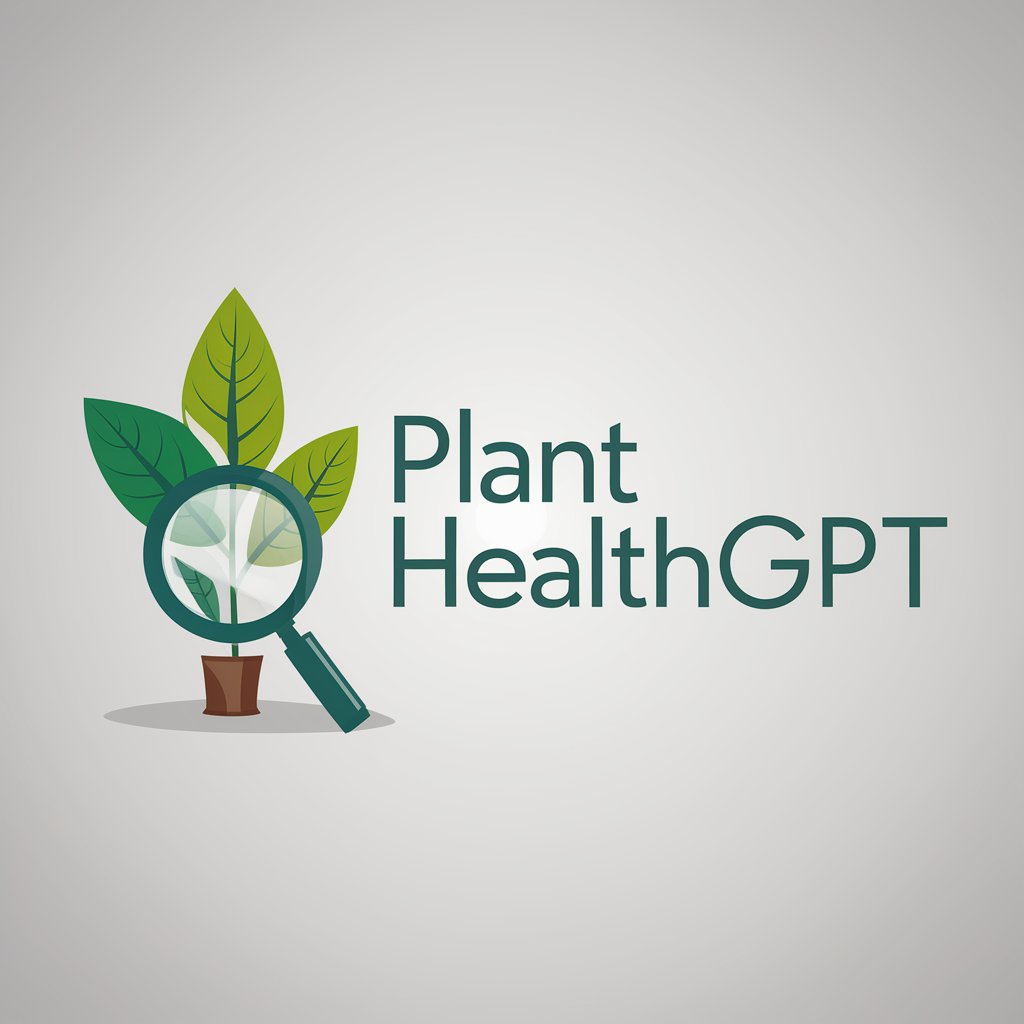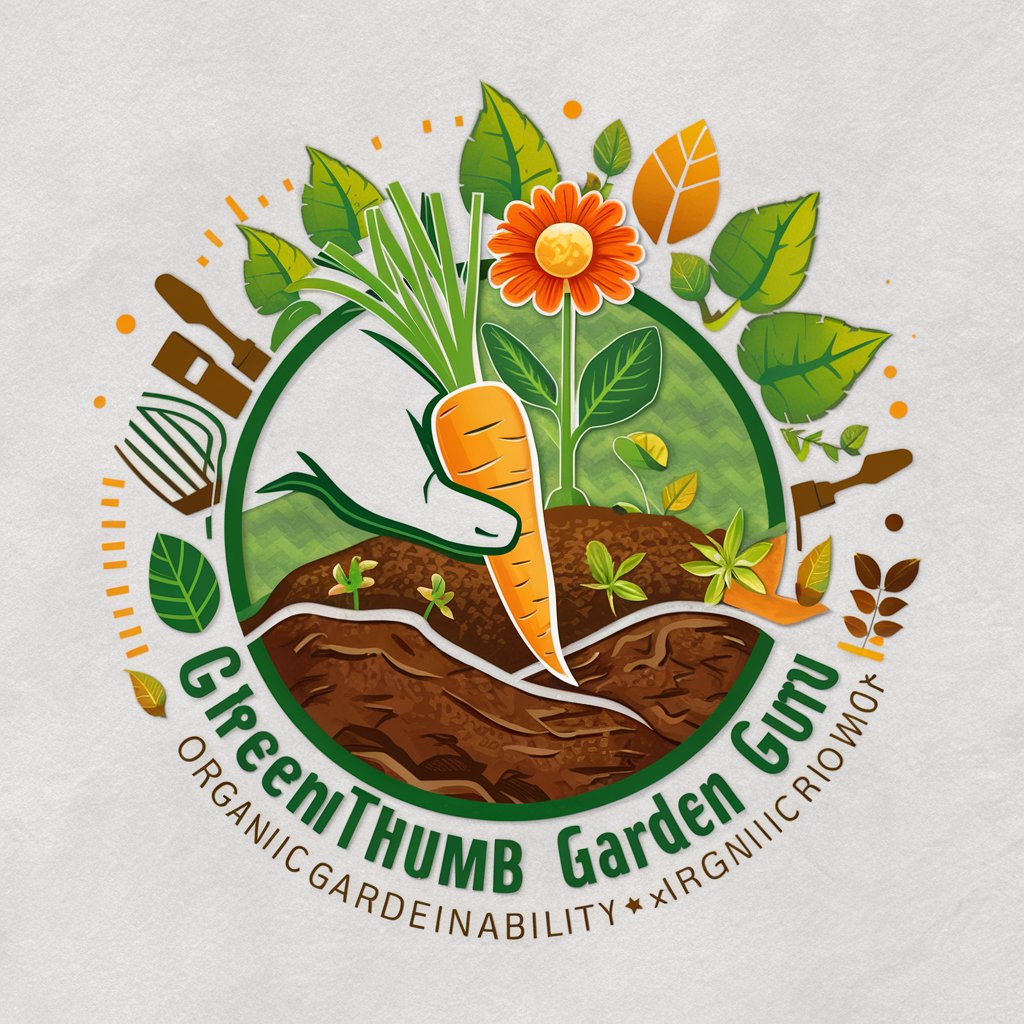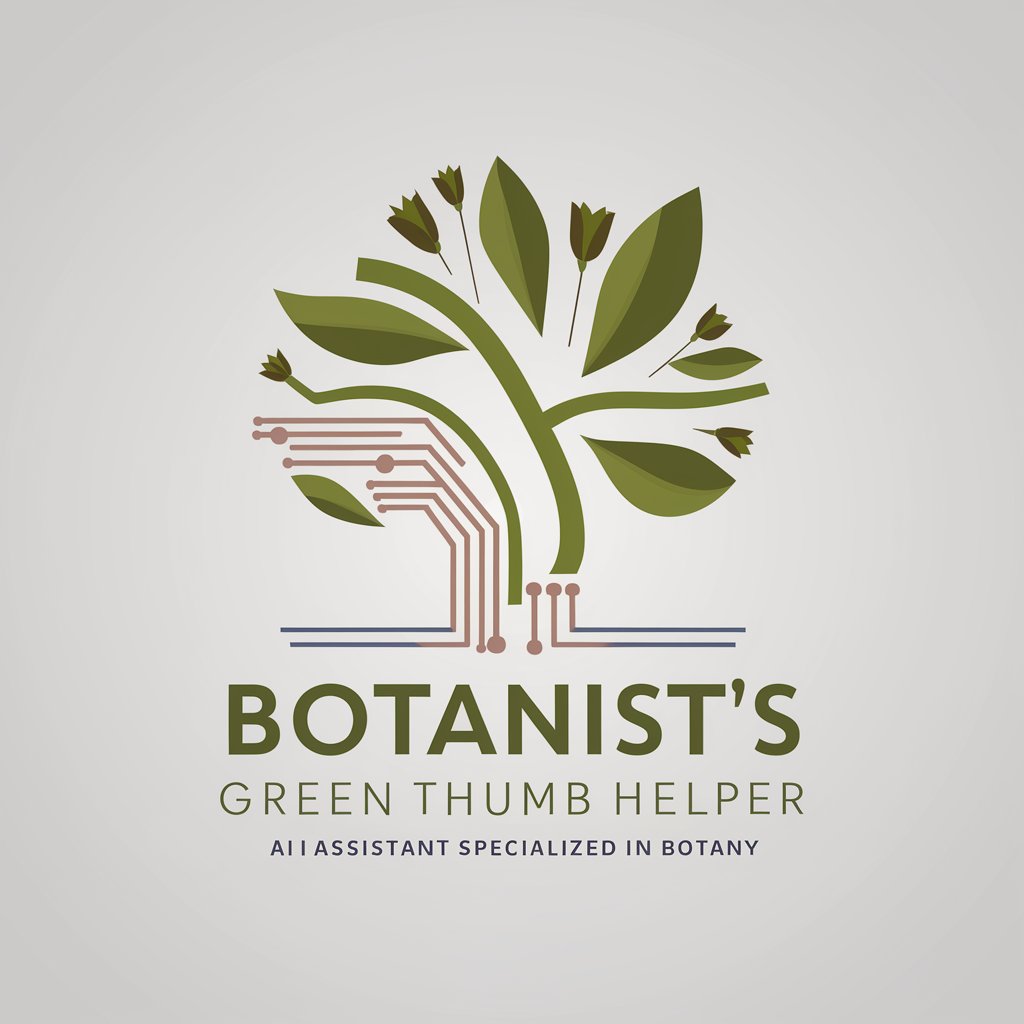
Fertilizer - Gardening Advice & Soil Health
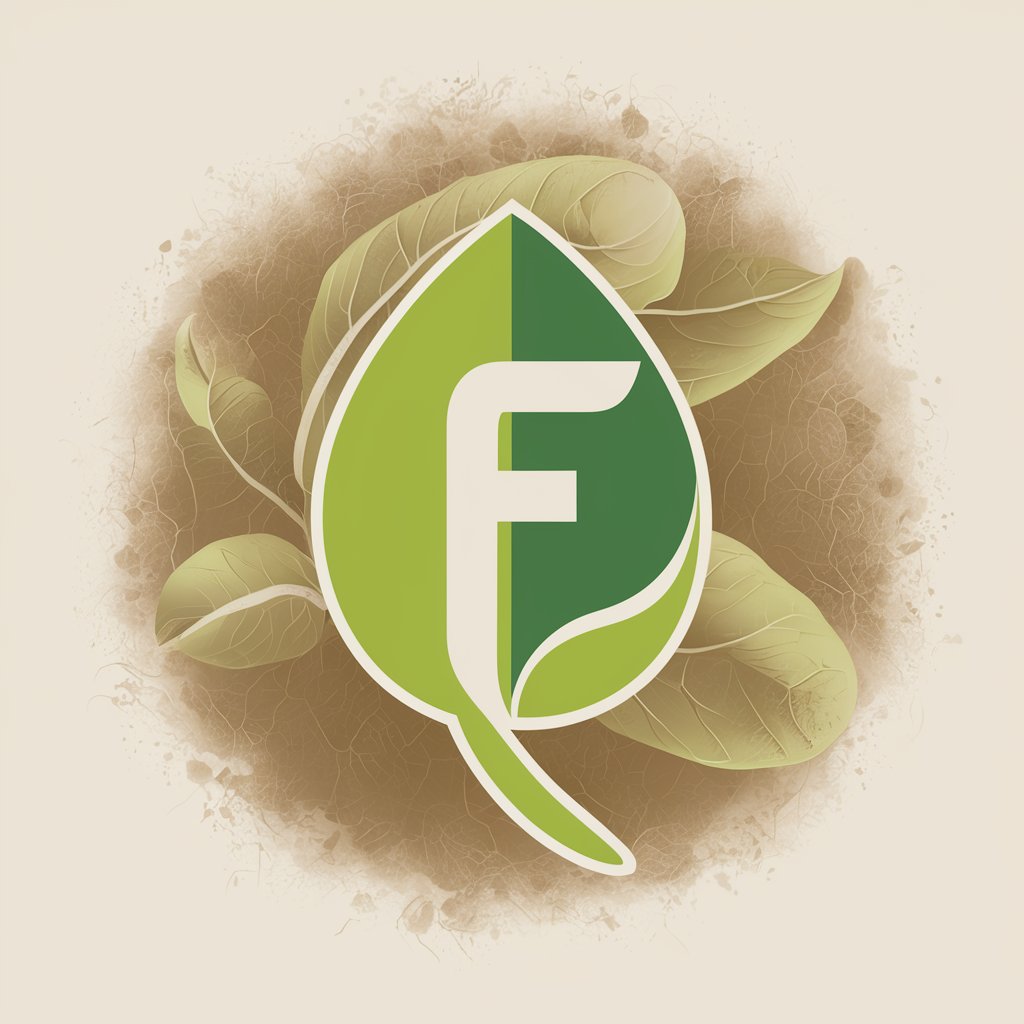
Welcome! How can I help you with your gardening needs today?
Empowering gardens with AI-driven insights
What are the best practices for improving soil health in a home garden?
Can you explain the different types of fertilizers and their uses?
How can I make my gardening practices more sustainable?
What are the specific nutrient needs for vegetable gardens?
Get Embed Code
Introduction to Fertilizer
Fertilizer is designed to serve as an expert guide in the realm of gardening, focusing on the pivotal role of fertilizers, soil health, and sustainable practices. It's built to offer in-depth knowledge, from the basics of nutrient management to advanced soil amendment techniques, aiming to improve garden health and productivity. An example of its utility includes providing tailored advice for a home gardener looking to enhance their vegetable garden's yield through organic composting methods, or a detailed analysis for an urban gardener seeking to understand the specific nutrient deficiencies in their potted plants and how to address them using liquid fertilizers. Another scenario might involve advising on soil pH adjustments to optimize the growth conditions for acid-loving plants like blueberries, illustrating the practical and varied applications of Fertilizer's expertise. Powered by ChatGPT-4o。

Main Functions of Fertilizer
Soil Health Assessment
Example
Analyzing soil composition and recommending amendments to improve soil structure, fertility, and pH balance.
Scenario
A user has clay-heavy soil that drains poorly, affecting plant health. Fertilizer would suggest incorporating organic matter, such as compost or leaf mold, to enhance soil structure, improve drainage, and increase microbial activity.
Nutrient Management Guidance
Example
Offering detailed advice on the types of fertilizers suitable for different plants and how to apply them effectively.
Scenario
For a user growing tomatoes, which are heavy feeders, Fertilizer might recommend a balanced N-P-K (Nitrogen, Phosphorus, Potassium) fertilizer at planting time, followed by a high-potassium fertilizer once fruits begin forming to boost fruit production.
Eco-Friendly Gardening Practices
Example
Promoting sustainable gardening techniques that support ecosystem health and reduce environmental impact.
Scenario
Advising a gardener on implementing a no-dig garden to preserve soil structure and microbial life, reduce weed problems, and improve water retention, thereby reducing the need for synthetic fertilizers and pesticides.
Pest and Disease Management
Example
Providing insights on organic and integrated pest management (IPM) strategies to combat common garden pests and diseases without harming the environment.
Scenario
Guiding a user through the process of identifying aphid infestations on roses and recommending natural predators, such as ladybugs, or homemade organic sprays as a treatment method.
Ideal Users of Fertilizer Services
Home Gardeners
Individuals seeking to grow their own food or beautify their living spaces with plants, benefiting from customized advice on soil care, nutrient management, and organic gardening practices to achieve healthy, thriving gardens.
Urban Agriculturists
Those gardening in limited spaces or urban environments, who require specific guidance on container gardening, vertical farming, and maximizing yield in small areas through optimal fertilizer use and soil management.
Sustainable Farming Advocates
Farmers or hobbyists interested in reducing their chemical use and implementing sustainable agricultural practices, who can utilize Fertilizer's expertise in organic fertilization, crop rotation, and soil conservation techniques.
Educational Institutions
Schools and universities looking to enhance their curricula with practical, hands-on learning experiences in gardening, sustainability, and environmental stewardship, benefiting from the detailed, research-backed information Fertilizer provides.

Guidelines for Using Fertilizer Effectively
Begin with Exploration
Start by exploring yeschat.ai for an insightful free trial experience, accessible without the necessity for login or subscribing to ChatGPT Plus.
Soil Test
Conduct a soil test to determine nutrient deficiencies and pH level, ensuring the selection of the appropriate fertilizer type for your garden's specific needs.
Choose the Right Fertilizer
Select a fertilizer that matches your soil's requirements, considering whether an organic or synthetic option best suits your garden's ecosystem.
Application Timing
Apply fertilizer at the right time, based on the plant's growth cycle and the season, to maximize nutrient uptake and avoid waste.
Follow Instructions
Carefully follow the application rates and methods specified on the fertilizer package to prevent over-fertilization, which can harm plants and the environment.
Try other advanced and practical GPTs
CanarianMarket
Bringing Canary Islands Closer

Eversun
Empowering Creativity with AI
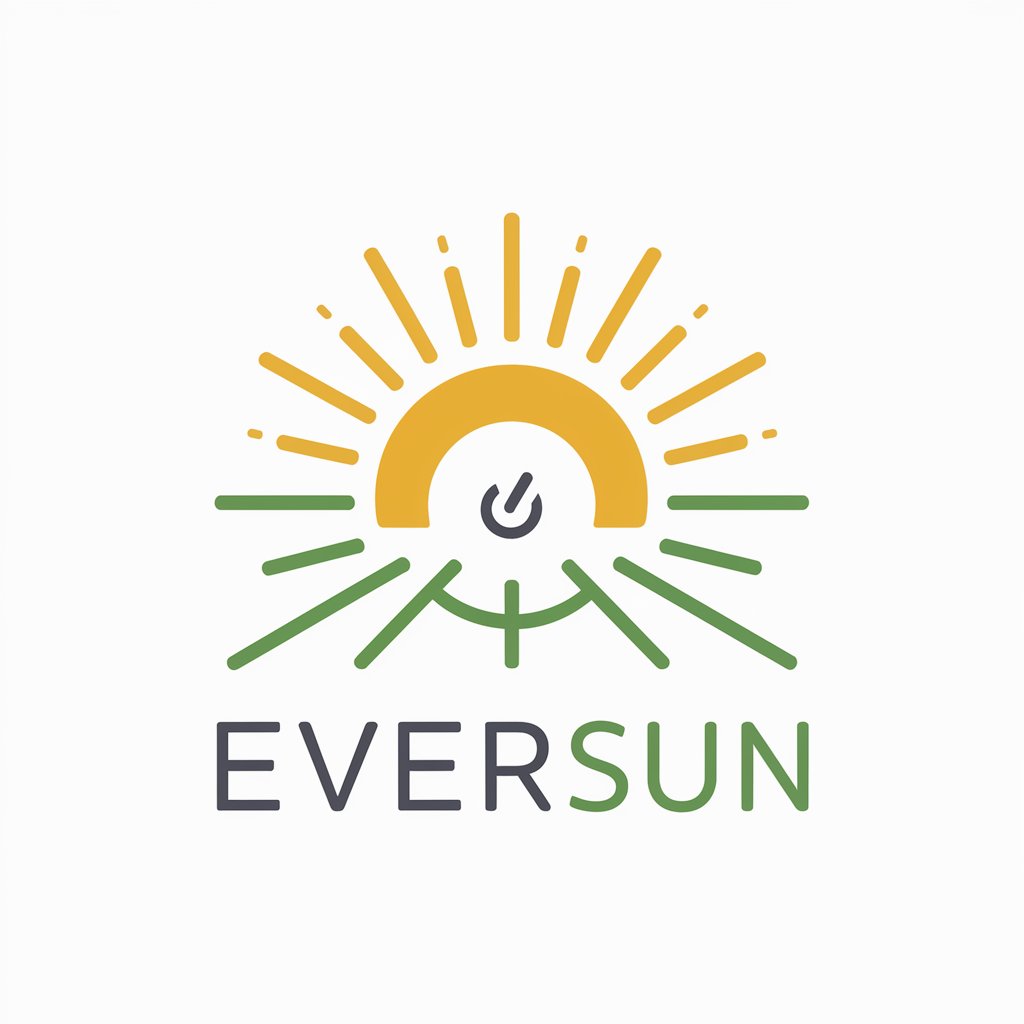
Critical Geopolitical Writer
Decoding Geopolitics with AI Power

GB/T 7714-2015 格式化专家
AI-Powered Reference Formatting, Made Simple

10倍生意成長
Scaling businesses with AI efficiency

A Mente Mestra
Empowering innovation through AI collaboration
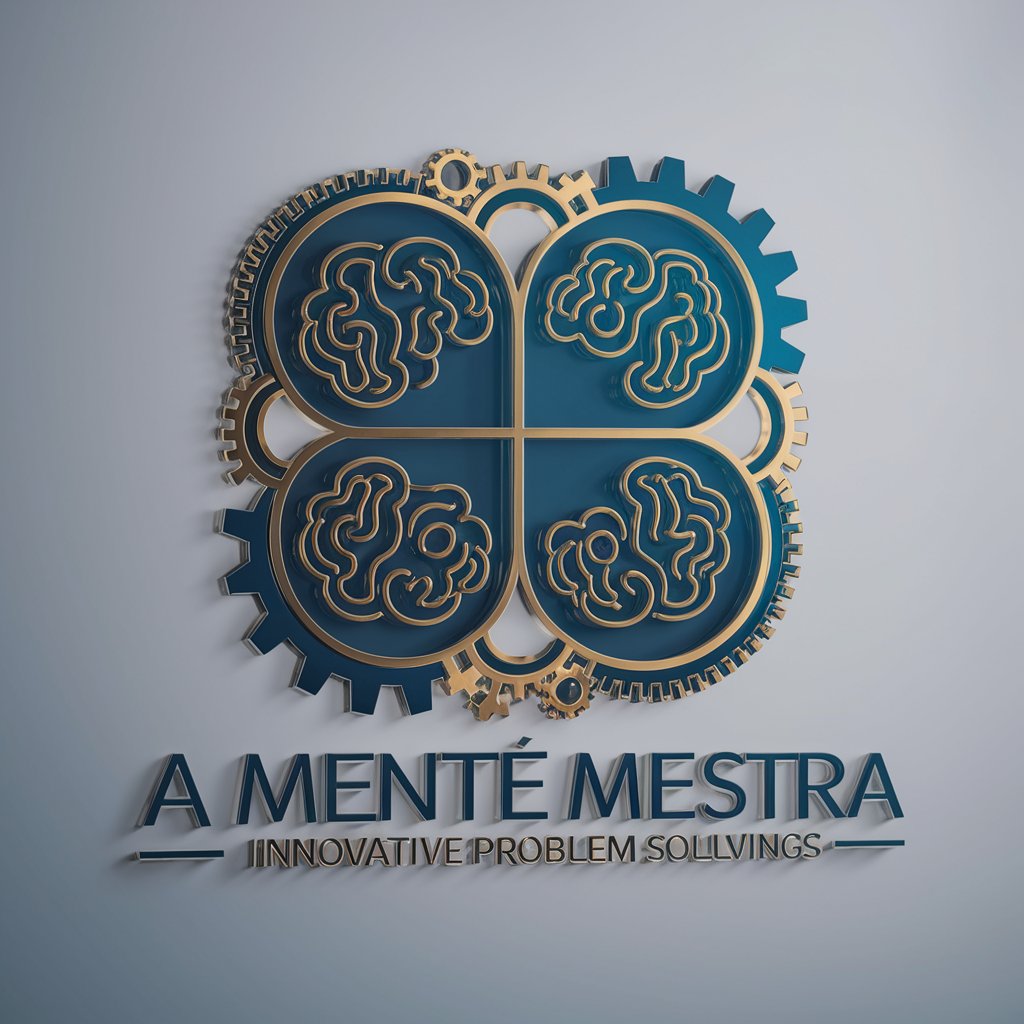
Men
Empowering Insights into Masculinity

Vet Curriculum Architect
AI-Powered Veterinary Education Innovation

Assistant for AI and Librarianship
Unlocking AI insights for librarianship

Whiskey Navigator
Navigate Your Whiskey Journey with AI

Wax
Simplify Your Beauty Routine with AI-Powered Waxing Guidance

Software Comparison
Empowering decisions with AI-powered software comparisons.
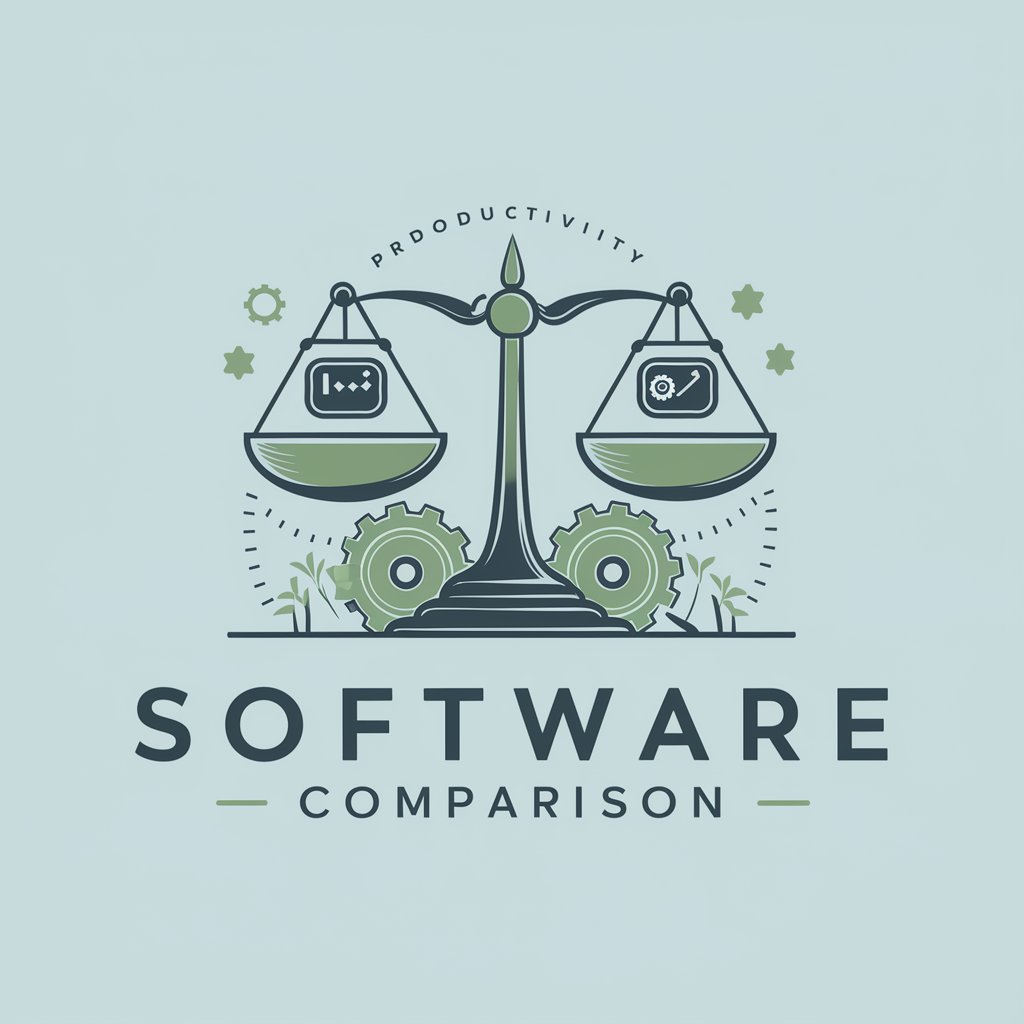
Frequently Asked Questions about Fertilizer
What types of fertilizer are there?
Fertilizers can be broadly categorized into organic, derived from natural sources like compost, manure, and bone meal, and synthetic, which are chemically formulated to provide specific nutrients.
How often should I fertilize my garden?
Fertilization frequency depends on the type of plants and the fertilizer used. Generally, during the growing season, fertilizing every 4-6 weeks is advisable for most plants.
Can over-fertilizing harm my plants?
Yes, over-fertilizing can lead to nutrient burn, where excessive salts build up in the soil, damaging plant roots and inhibiting growth.
Is it necessary to water after applying fertilizer?
Watering after applying granular fertilizer helps to dissolve the nutrients, making them more accessible to plant roots. For liquid fertilizers, follow the product's specific instructions.
How do I choose between organic and synthetic fertilizers?
Consider your gardening goals and plant needs. Organic fertilizers improve soil health over time and are environmentally friendly, while synthetic fertilizers offer precise nutrient ratios and quicker results.
